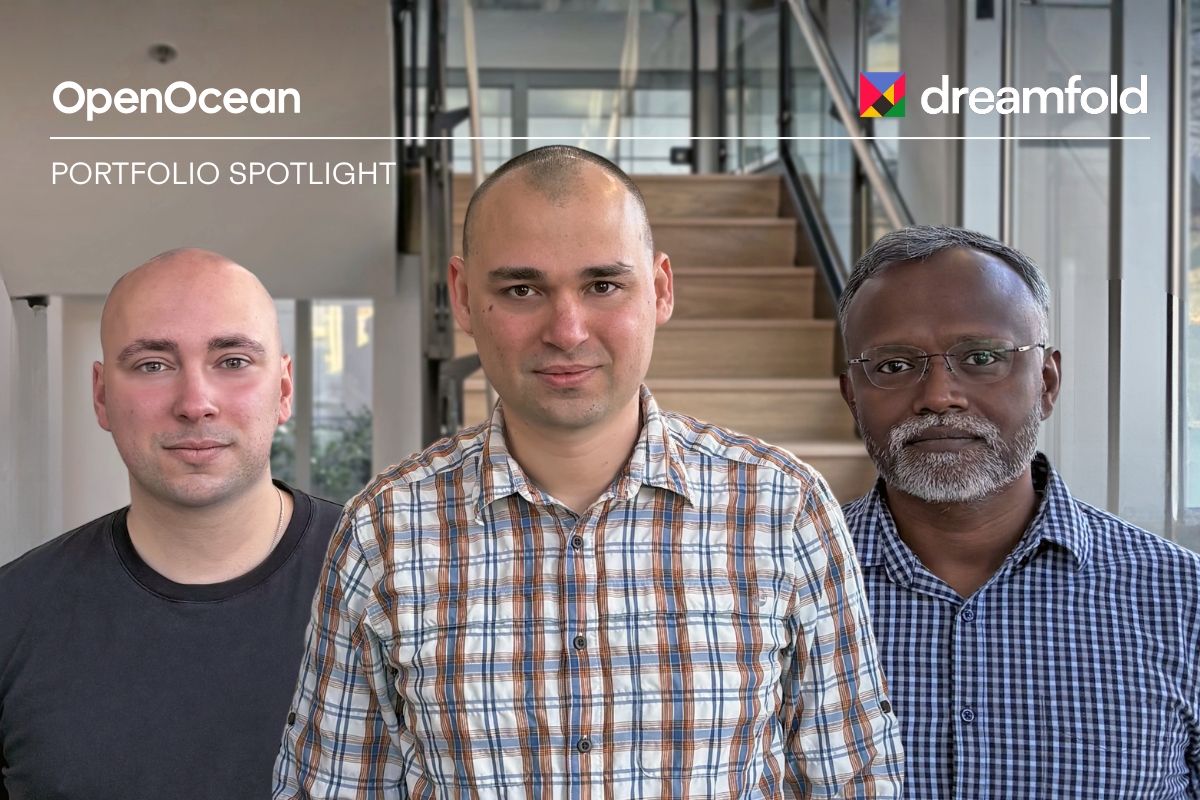2023 Technology Forecast: OpenOcean Technology and Investment Predictions to Watch

The final months of 2022 were a reality check for investors and tech companies due to the forecasted impending recession and falling valuations. Despite the challenging tone set for 2023, there are plenty of growth opportunities in fields such as ESG investments, AI, and enterprise automation.
For investors, the focus will be on careful, targeted investment. Investors will be looking to make informed decisions and take advantage of the many opportunities presented by the complex geopolitical landscape and the rise of ESG investments. Leveraging the power of artificial intelligence will also be crucial in making strategic investments.
At OpenOcean, we have a wealth of expertise as investors and have identified key technologies and developments to watch in the data, software, and technology spheres. Our predictions can serve as a valuable resource for investors looking to tap into the limitless potential of the tech industry in 2023.
Patrik Backman, General Partner: Algorithms and data – Rethinking Efficiency and Cost Saves
“The norm for too long has been to totally disregard data efficiency and crunch as much data as possible when feeding algorithms. Ongoing concerns around the cost of energy and the environment will necessitate a change.”
.webp)
“The norm for too long has been to totally disregard data efficiency and crunch as much data as possible when feeding algorithms. Ongoing concerns around the cost of energy and the environment will necessitate a change in this regard, towards focusing on doing more with less data. This will be a difficult transition for many, making them rethink assumptions relating to Moore’s law and come up with totally new strategies and ways of thinking about data. This dataflow optimization will initially spread across segments of the market concerned with high-throughput technologies, such as the Internet of Things and enterprise automation, before it reaches the remaining, less specialized businesses.”
Tom Henriksson, General Partner: Enterprise automation – Navigating Cost-Saving and Reskilling of Workforce
“The ongoing white-collar labor shortages and difficulties in retaining talent post-COVID-19 will further accelerate automation efforts to reduce repetitive and non-meaningful tasks, while also investing in reskilling their workforce”

“As we move into 2023, it is expected that investments in enterprise automation will continue to rise as companies focus on cost-saving efforts in a challenging macro environment. The ongoing white-collar labor shortages and difficulties in retaining talent post-COVID-19 will further accelerate automation efforts to reduce repetitive and non-meaningful tasks. However, this also means that companies will need to invest in reskilling their current workforce to ensure they have the necessary skills to adapt to the changing job market.
Big automation platforms will also play a significant role in the future of enterprise automation, providing a more comprehensive offering of integrated solutions. However, increased transparency of current processes is still needed to enable AI-driven orchestration of work. In this area, startups are expected to drive real innovation and disruption.
Despite the advancements in big “general” automation platforms, vertical and function-specific automation solutions will be necessary for high-value use cases. These include industries such as integrated supply chains, manufacturing and healthcare. To remain competitive in these sectors, companies must invest in solutions tailored to meet their specific needs.”
Ekaterina Almasque, General Partner: Artificial Intelligence – Scaling for Multiple Use Cases and Addressing Trust and Inclusivity
“For Enterprises to broadly adopt Artificial Intelligence we need to address the cost of building AI solutions and the ease of deployment them at scale.”

“In 2022, we saw that AI is certainly ready to be scaled, but at the same time, we have not seen this transition happen at the expected speed.
“In 2023, the success of AI will depend on its ability to serve multiple use cases rather than just isolated ones. For AI to be widely adopted and drive real-world decisions, trust in the technology must be enhanced. This can be achieved through increased funding to establish credibility. Without credibility, AI will not be commercially viable regardless of how ready it is. Therefore, funding is crucial in making AI more trustworthy, reliable, and ready for the market.
One concerning aspect of AI in 2023 is that, in its current format, compute costs are not sustainable. AI models are going to accelerate and grow exponentially. Whilst this sounds positive, it will also involve immense costs. On top of this, huge amounts of data will be needed to train the models and enhance their reliability. For many organisations, this will be unobtainable and only hyper scalers can survive.
AI also faces societal pushback with respect to inclusivity, bias, and representative design. There is a risk that AI will be exposed for not being designed with inclusivity in mind and subsequently, there will be a lot more noise surrounding its lack of representation. For example, with so many different languages globally, there is a risk that AI will not incorporate all of these.”
Nina Gunell, Investment Associate: ESG – Businesses Under Scrutiny: Proving Environmental Impact
“There is no more room for green-washing or cherry-picking statistics to exaggerate positive environmental impacts: in 2023, it’s time to put up or shut up.”
.webp)
“Consumers and investors are becoming more aware of the impact businesses have on the environment and demanding transparency and accountability. Thus, businesses will receive more scrutiny than ever before, particularly when it comes to claims around environmental impact or efficiency savings. The companies that thrive will be those with hard data to prove that they can help reduce energy consumption or make more efficient use of hardware resources. There is no more room for green-washing or cherry-picking statistics to exaggerate positive environmental impacts: in 2023, it’s time to put up or shut up.”
Naureen Zahid, Investor Relations Director: Investment – Prioritizing Experienced Specialist Managers
“With the volatility of 2022 and recessionary headwinds looming, there is a shifting mindset for investors who are now likely seeking to focus more on specialist managers to mitigate forecasted risks and protect their portfolios from the expected downside.”
.webp)
“Generalist Managers have historically been of preference to investors allocating capital to VC as this approach has given them exposure to various markets, segments and verticals, whilst providing good diversification and risk management. With the volatility of 2022 and recessionary headwinds looming, there is a shifting mindset for investors who are now likely seeking to focus more on specialist managers to mitigate the forecasted idiosyncratic, recessionary and inflationary risks and to protect their portfolios from the expected downside.
As LPs look to make allocations in 2023 there is likely to be a strong preference for highly experienced and specialist managers with a long-standing, strong and proven track record in the market segments and technologies in which they are investing. This experience will allow more granular and technical due diligence, enabling the specialist managers to select the companies for investment which are best equipped to survive and grow in the uncertain and volatile economic conditions forecasted ahead.
From their prior experience, specialist and activist GPs will make impactful partners in helping their portfolio companies to strategize, differentiate, position, scale, and grow in their respective fields, geographies and verticals. With many specialist GPs, their operational experience and/or existing networks and relationships with industry advisors, experts and leaders within their specialisms can be leveraged to ensure the success of their investments. This will ultimately drive a more sustainable investment approach, with reduced risk and high potential upsides for all involved.”


